EU rejects Trumps Greenland remarks as highly theoretical
- Update Time : Friday, January 10, 2025
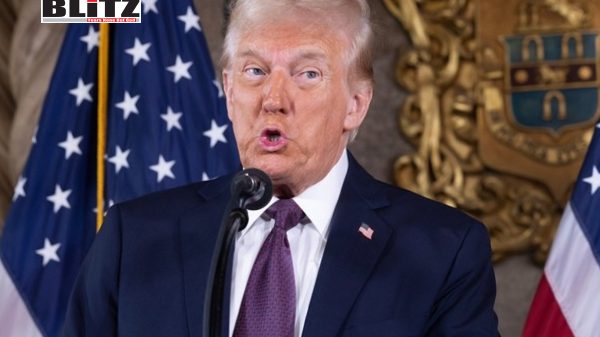
The European Commission has downplayed the likelihood of any aggressive moves by US President-elect Donald Trump to absorb Greenland, an autonomous territory of Denmark. Brussels underscored the necessity of respecting the sovereignty of EU member states, marking the latest diplomatic response to Trump’s controversial remarks on territorial expansion.
During a press conference on January 7, Trump stirred controversy by refusing to rule out the use of military force to bring Greenland under American control. “It might be that you will have to do something… We need Greenland for national security purposes,” he declared, doubling down on his earlier interest in the resource-rich Arctic territory. In the same breath, Trump also hinted at ambitions to control the Panama Canal, another strategic global chokepoint.
Later that day, Paula Pinho, the European Commission’s chief spokesperson, addressed the remarks, describing them as “highly speculative.” Pinho stated, “There are many threats that do not materialize, and at this stage, we do not believe it is necessary to go beyond this.”
Despite her attempt to downplay the scenario, Pinho confirmed that any military attack on Greenland would trigger the EU’s mutual defense assistance clause under Article 42(7) of the bloc’s treaty. However, she reiterated that the issue remained hypothetical, remarking, “We are discussing a highly theoretical issue.”
Anitta Hipper, the European Commission’s foreign affairs spokesperson, also weighed in, emphasizing the importance of sovereignty. “It is clear that the sovereignty of states has to be respected,” she said, specifically referencing Denmark’s autonomous control over Greenland. Hipper further expressed optimism about fostering “a stronger transatlantic agenda and common goals” with the incoming US administration.
Trump’s interest in acquiring Greenland is not new. During his first presidential term, he famously floated the idea of purchasing the island, an aspiration met with swift rejection from Copenhagen. Denmark’s Prime Minister Mette Frederiksen had at the time dismissed the suggestion as “absolutely absurd,” further straining US-Denmark relations.
Greenland, the world’s largest island, holds immense strategic and economic significance. Its vast natural resources, including gold, uranium, and potential offshore oil reserves, have long drawn interest from global powers. Additionally, its location in the Arctic makes it a critical asset in the context of emerging geopolitical competition over the region’s resources and shipping routes.
Trump’s latest remarks have reignited debates over the Arctic island’s future. In his January 7 press conference, he questioned Denmark’s legal claim over Greenland, stating, “People really do not even know if Denmark has any legal right to it, but if they do, they should give it up because we need it.”
Adding fuel to the fire, Trump’s son, Donald Trump Jr., recently visited Greenland’s capital, Nuuk, accompanied by aides and a documentary film crew. “We are going to treat you well,” he reportedly told the island’s population of around 57,000, signaling the Trump family’s continued interest in the territory.
Secretary of State Antony Blinken swiftly dismissed Trump’s comments as unrealistic. Speaking at a joint press conference with French Foreign Minister Jean-Noel Barrot in Paris on January 8, Blinken said, “The idea expressed about Greenland is obviously not a good one.” He added, “But it’s not going to happen, so we shouldn’t waste time talking about it.”
Blinken’s remarks were a clear attempt to reassure European allies and calm tensions sparked by Trump’s rhetoric. His dismissal of the idea also underscored the Biden administration’s efforts to maintain strong transatlantic ties and distance itself from the unpredictable foreign policy approach of its predecessor.
The renewed focus on Greenland highlights broader geopolitical tensions in the Arctic, where global powers such as the US, Russia, and China are vying for influence. The region’s melting ice caps have unlocked new shipping lanes and potential resource opportunities, intensifying competition.
For the EU, Greenland represents a key strategic asset, both in terms of natural resources and its role in Arctic governance. Any threat to the island’s autonomy is seen as a challenge to the bloc’s broader security interests. Brussels’ measured response reflects its commitment to upholding international norms while avoiding unnecessary escalation with the US.
Denmark has consistently rejected any notion of selling or ceding Greenland. Prime Minister Frederiksen reiterated this stance earlier this week, calling Trump’s renewed interest “deeply misguided.” She emphasized that Greenland’s future would be determined by its own people, in accordance with its autonomous status within the Kingdom of Denmark.
Greenland’s Premier, Múte Bourup Egede, also weighed in, stating, “Greenland is not for sale. Our resources and our future are ours to decide.” Egede’s firm rejection highlights the island’s growing assertion of its own identity and agency on the global stage.
Trump’s provocative remarks on Greenland have once again thrust the Arctic into the geopolitical spotlight. While Brussels and Copenhagen have dismissed the possibility of US aggression as “highly theoretical,” the episode underscores the ongoing strategic importance of the region. For the EU, defending the sovereignty of its member states and territories remains paramount, even as it seeks to maintain a cooperative relationship with Washington.
As the Arctic becomes increasingly contested, the EU and its allies must navigate a complex landscape of competing interests. Whether Trump’s renewed push for Greenland is a genuine policy aspiration or a rhetorical flourish, it serves as a reminder of the delicate balance between national sovereignty and global strategic ambitions.


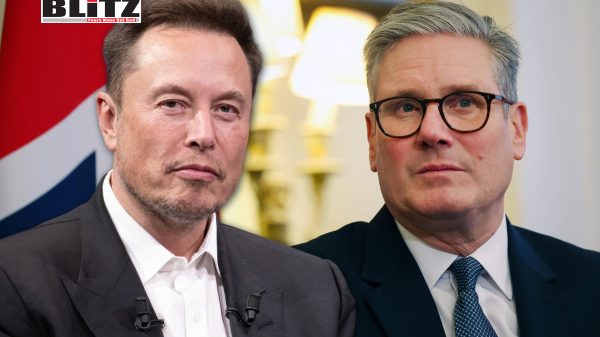




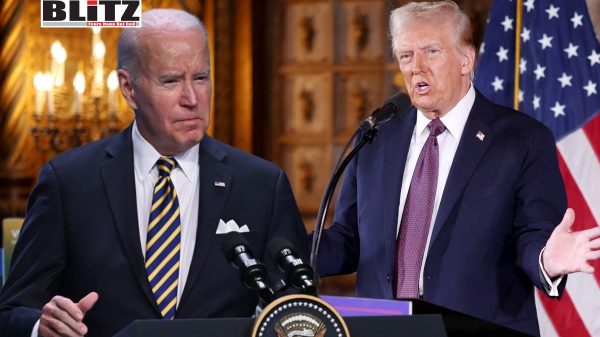
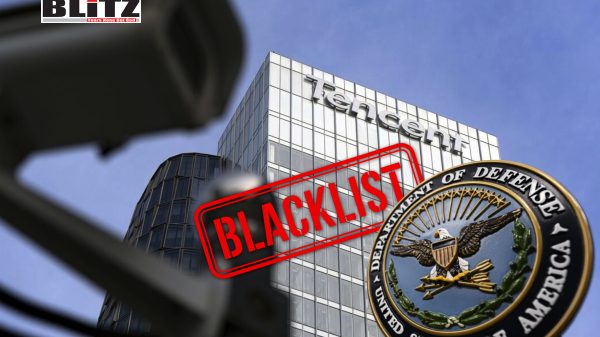


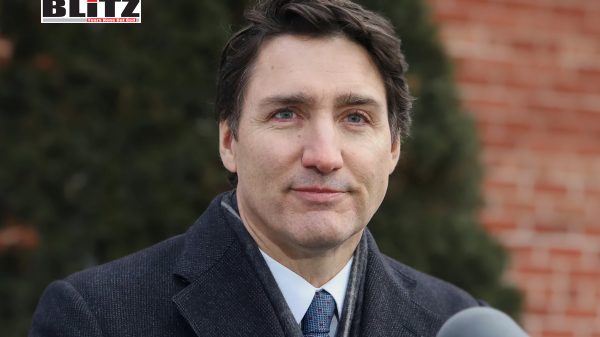


Leave a Reply